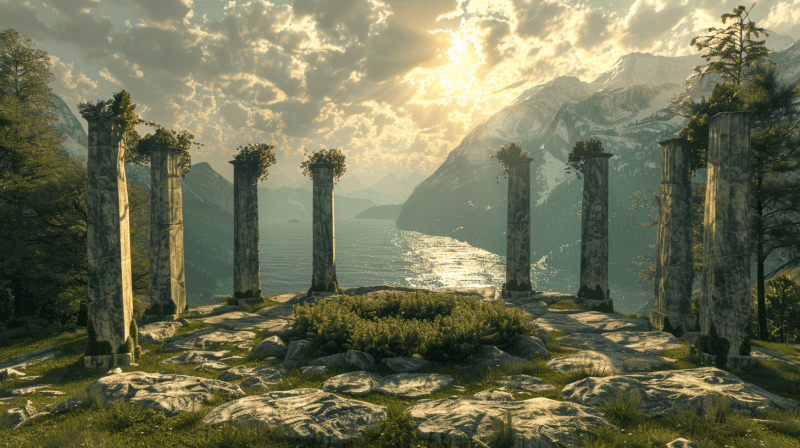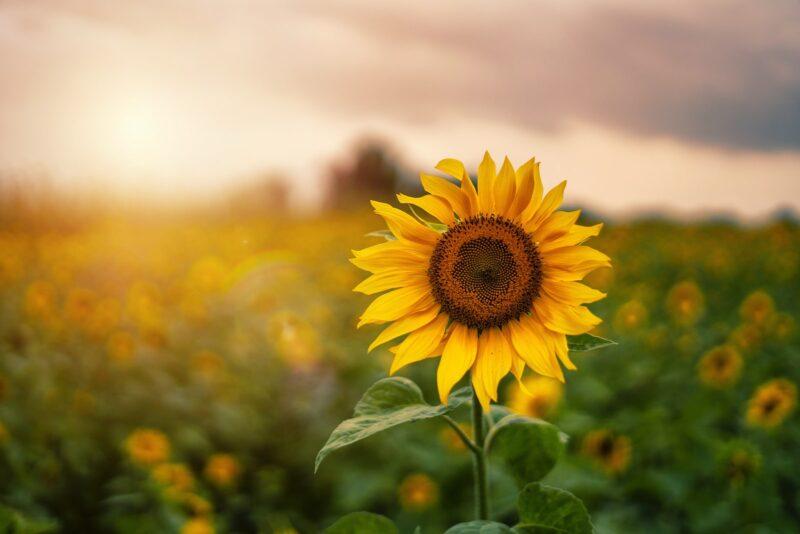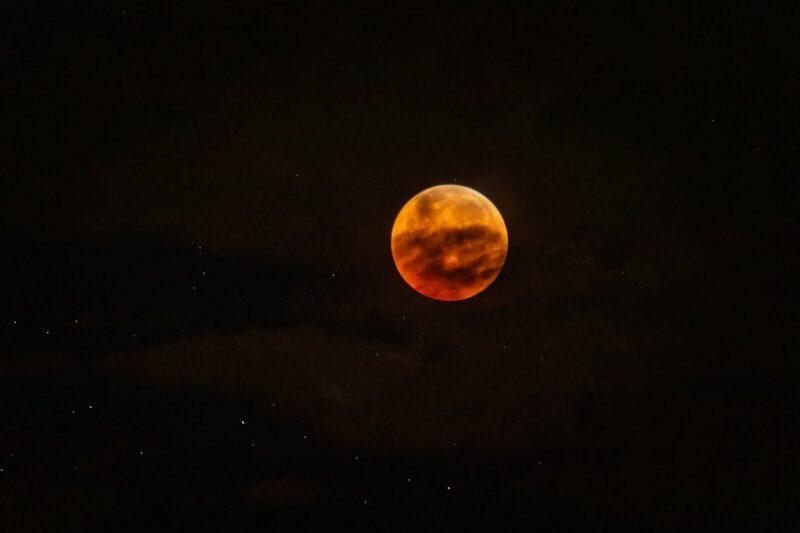Many people around the world, particularly in Northern Europe, celebrate Yule. It is a time of great significance in the pagan calendar, marking the winter solstice. The festival is often associated with the Norse god Odin, and it has a rich mythological and spiritual history that dates back thousands of years.
The origins of Yule can be traced back to ancient Germanic and Norse traditions, where it was celebrated as a time of feasting, drinking, and honoring the spirits of the land. The festival was seen as a way to welcome the return of the sun after the long, dark winter months and to ensure a bountiful harvest in the coming year.
In Norse mythology, Yule is closely linked to the figure of Odin, the All-Father and ruler of the gods. The myths claim that during the winter solstice, Odin would lead a large hunting party through the skies with the assistance of the dead. This wild, raucous procession was believed to bring good fortune to the land and its people, and it was celebrated with feasting, drinking, and the lighting of bonfires.
The festival of Yule also has strong ties to the concept of the Wild Hunt, a mythological motif found in many European folk traditions. The Wild Hunt was said to be led by a powerful supernatural figure, often identified as Odin or another god, who would ride through the night sky with a host of spectral followers. The appearance of the Wild Hunt was seen as a harbinger of great change and upheaval, and it was often associated with the turning of the seasons and the cycle of life and death.
In addition to its mythological significance, Yule also has deep spiritual meaning for many people who follow pagan or earth-based spiritual traditions. The festival is seen as a time of renewal and rebirth, when the energies of the earth are at their lowest ebb and are poised to begin rising once more. It is a time for introspection and inner work, as well as for celebrating the interconnectedness of all living things and the cycles of nature.
Today, many modern pagans and followers of earth-based spirituality continue to celebrate Yule in various ways, drawing on both ancient traditions and contemporary practices. Some may hold ritual ceremonies to honor the sun and the earth, while others may gather with friends and family for feasting and merrymaking. Many people also incorporate elements of the Wild Hunt and Odin into their Yule celebrations, using these powerful symbols to connect with the deeper spiritual meanings of the festival.
In conclusion, Yule is a festival with a rich and complex history, rooted in ancient mythologies and spiritual traditions. It is a time of great significance for many people, marking the turning of the seasons and the renewal of the earth’s energies. Whether celebrated with solemn ritual or joyful revelry, Yule continues to hold a special place in the hearts of those who honor the old ways and seek to connect with the ancient rhythms of the natural world.





